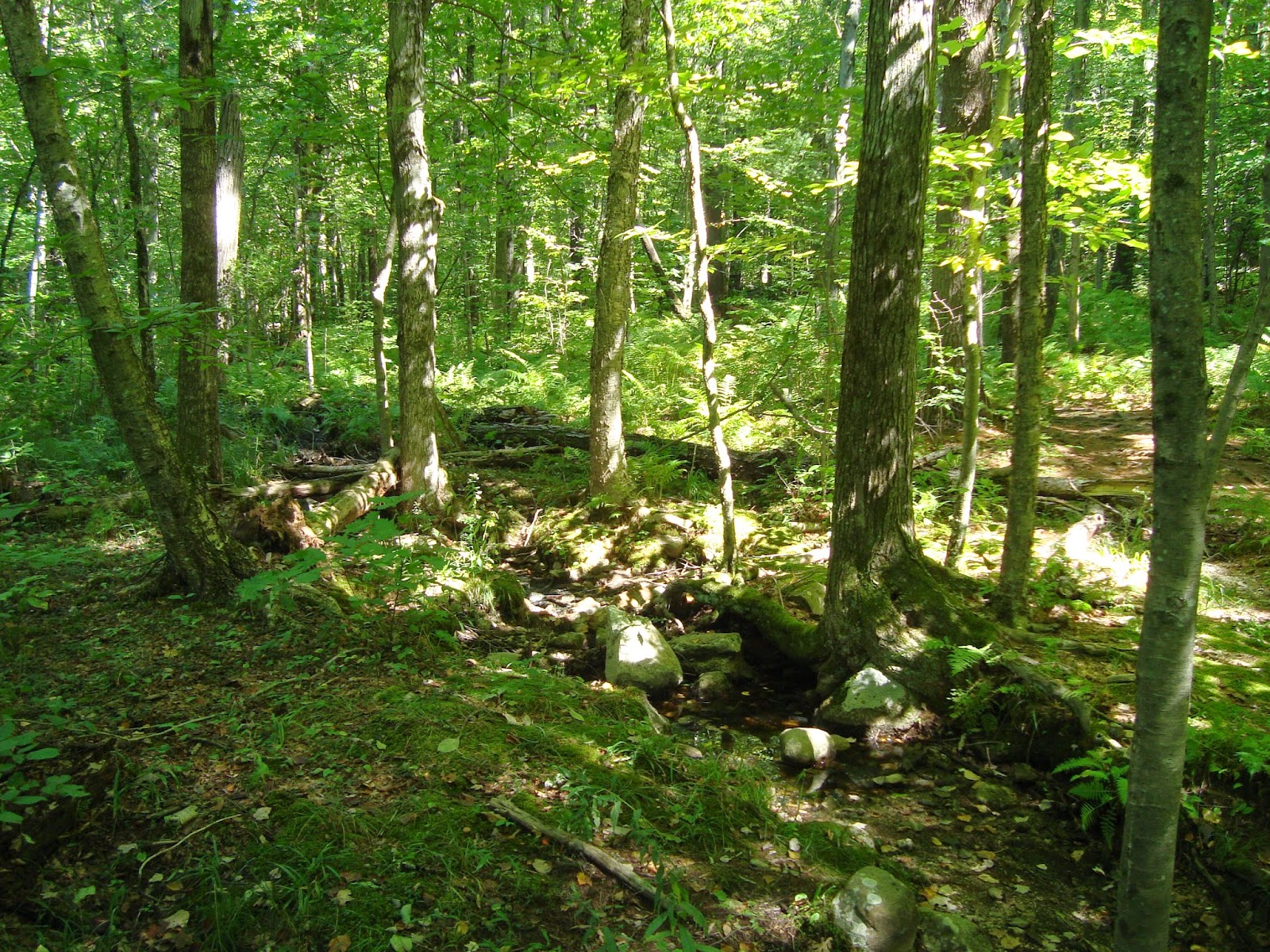 |
| Photo by Laurie Scavo for Brilliant Flash Fiction |
I'm surprised and flattered and thrilled to be so honored.
I'm usually peaceful and sunny, myself, so how did this disturbing set of words come about? First, I asked who would live in such a house? Who would have a use for such an ingenious system to get to the beach below?
As soon as I hit on the name "Josie," this song got stuck in my head.
So Josie is an amazing person, a humanitarian doctor, with a spirit so generous, she adopts ten children and provides them with a fun way to get to the beach they live for. She's away a lot on humanitarian missions, so when she comes home, everyone rejoices. Perhaps it's the way the photo darkens around the edges, or the unusual nature of the tunnel, or perhaps the house reminds me a little of the beach house at the end of Road to Perdition, because then I wondered, what if Josie doesn't come home? What happens to her good intentions then?
The inheritors of her estate (and ten children) aren't interested in charity work or parenting, and so the story took on its life. These characters have a lot in common with Emily from "Unpredictable Factors in Human Obedience" and another Emily, from the forthcoming Awash in Talent, so I have a feeling this beach house may crop up again in my writing.
That's a smooth version of how the writing went. In reality, the connections didn't get made until I sat down to do the labor of writing. Every time I looked at the story, I added one hundred words and deleted twenty-five. And then, I just added details. But there still seemed to be something missing. I showed it to my critique partners, who were magically able to point out the parts that were still vague, and fixed them just in time for the submission deadline.
Of course I didn't submit it before I showed it to my husband, who laughed uproariously in all kinds of unexpected places. Or were they unpredictable?
Coming Soon...
You'll be glad to know that in May 2015, you can get many more wonderful short fictions in my story collection, Unpredictable Worlds. More on that soon.
In the meantime, enjoy "Stairs to the Beach." Thanks! And be sure to check out the other amazing stories at Brilliant Flash Fiction.















